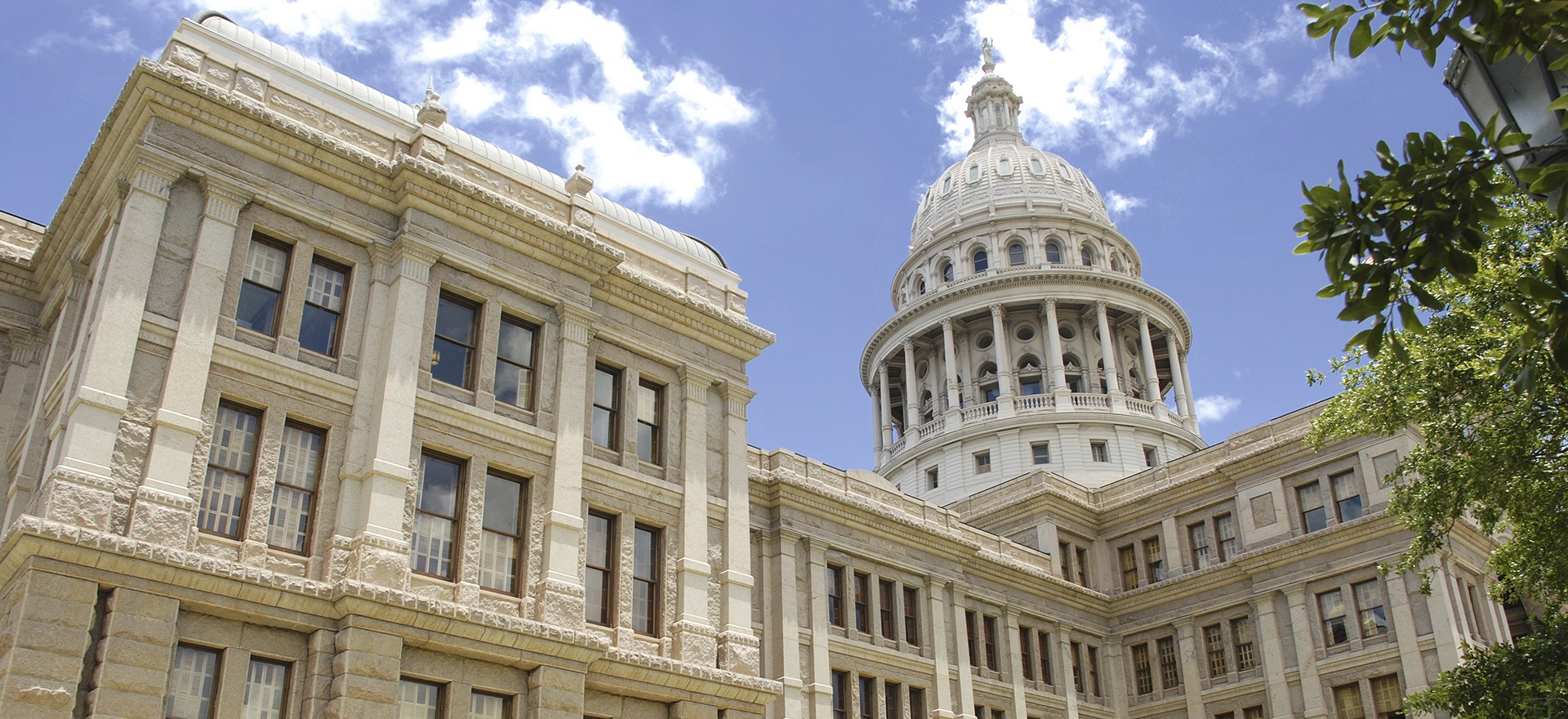Vote for candidates who will support real solutions for struggling schools

Date Posted: 2/28/2014 | Author: Jennifer Mitchell, CAE
This is the eighth post in our A Dozen Days, A Dozen Ways to Vote Your Profession series.
At issue: State and federal accountability laws and rating systems subject public schools to strict, sometimes conflicting requirements for meeting student achievement goals. Those that fail to meet accountability targets face harsh progressive sanctions that can culminate in the closure of neighborhood schools. Schools and districts are assigned accountability ratings that have a large impact on local real estate values and the ability to generate property taxes to fund area schools. At a time when our state’s school funding is already deficient, that phenomenon is likely to worsen considering that Texas school districts soon will be assigned “A” through “F” accountability grades. More importantly, what happens to the morale of students, teachers and communities when their neighborhood school receives an “F”? Accountability sanctions that call for the privatization of school operations are especially troubling. For instance, state law allows a board of managers to take over the responsibilities of the elected school board in some instances, and legislators have filed several bills in recent sessions to create a separate school district for all of the state's low-performing schools. This concept of a "recovery” or "achievement” school district typically hinges on allowing a private charter operator to manage all the schools, replacing most of the staff, eliminating statutory rights and benefits for remaining employees and divesting locally elected school board members of their powers. Too many of our elected officials favor the wrong approaches: We will never help struggling schools turn around as long as our state’s “interventions” involve labeling entire districts as failures, outsourcing schools to private companies that don’t have to answer to local parents and voters, stripping educators of their contract rights and salary protections, and limiting schools’ access to the resources that will help their students achieve. Over the past decade, Gov. Perry and the legislature allowed hundreds of millions of dollars to be spent on a controversial merit pay plan that yielded little or no positive results at the same time that funding was slashed for needed programs like the Student Success Initiative (SSI), which provides intensive help for students struggling in reading and math. Instead of helping existing schools improve, they’ve allowed substandard alternative schools to proliferate and generate huge profits for private individuals and companies at the expense of students and taxpayers. Legislators and policymakers have also ignored the fact that schools with the highest needs— those that are deemed “low-performing” under the accountability system and those with the highest numbers of minority, low-income and limited English proficiency students—are being staffed with the least experienced teachers and principals, despite our efforts to raise awareness of that problem and propose viable solutions. There are better ways to help struggling Texas schools: First, we must elect legislators who acknowledge the real harm caused by inadequately and inequitably funding our schools. We need to support pro-public education candidates who are not afraid of being attacked by wealthy PACs and scorecard-wielding “watchdog” groups that want to starve public schools of funding so that they will inevitably fail and be overrun by private schools. Let’s focus on real interventions and infusions of resources where they are most needed. That includes making sure public schools in need have access to high-quality, experienced superstar teachers and school leaders and prioritizing funding for programs that produce real results, like the SSI. Your vote is your voice, and you have an opportunity to speak up now for students in our highest-need schools: This primary election is going to determine the final outcome of several legislative seats. Many incumbents who have supported public education in the past and candidates running on pro-public education platforms are being targeted by well-funded dark money groups that would just as soon dismantle our public education system and shutter neighborhood schools they deem as failures. Find out where your candidates stand by viewing their profiles using our 2014 Races search feature on Teach the Vote: Did they vote to cut or increase education funding? Have they shown more support for expanding charter and online schools than for cultivating teacher quality and retention? Take a look at their survey responses, too. Do they favor private school vouchers? Do they believe it’s okay to shut down or let private entities take over public schools? This is your chance to send more pro-public education candidates to Austin. Don’t forget that tomorrow is the last day for early voting and Tuesday is election day!
CONVERSATION
RECOMMENDED FOR YOU

07/11/2025
Teach the Vote’s Week in Review: July 11, 2025
Gov. Greg Abbott makes the special session official, and President Donald Trump signs the “One Big Beautiful Bill.” Plus: Learn how you can help victims of the recent Texas Hill Country floods.

07/09/2025
Gov. Greg Abbott makes it official: Special session to begin July 21
The governor released the official proclamation Wednesday to bring the 89th Texas Legislature back to Austin for a special session.

07/03/2025
Teach the Vote’s Week in Review: July 3, 2025
A federal funding freeze threatens Texas schools and summer learning, and the U.S. House approves Trump’s “big, beautiful bill.”

